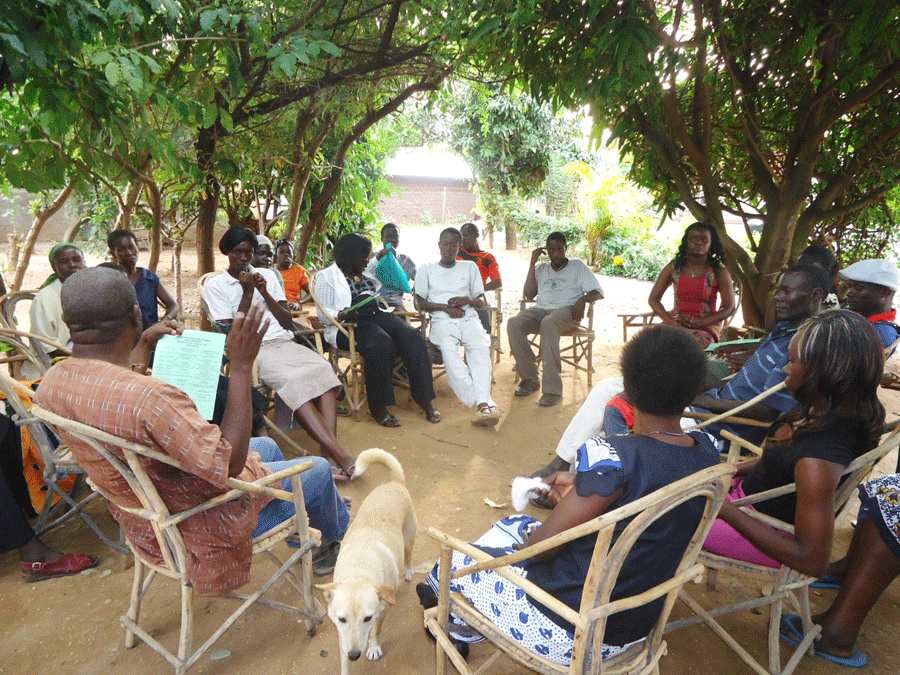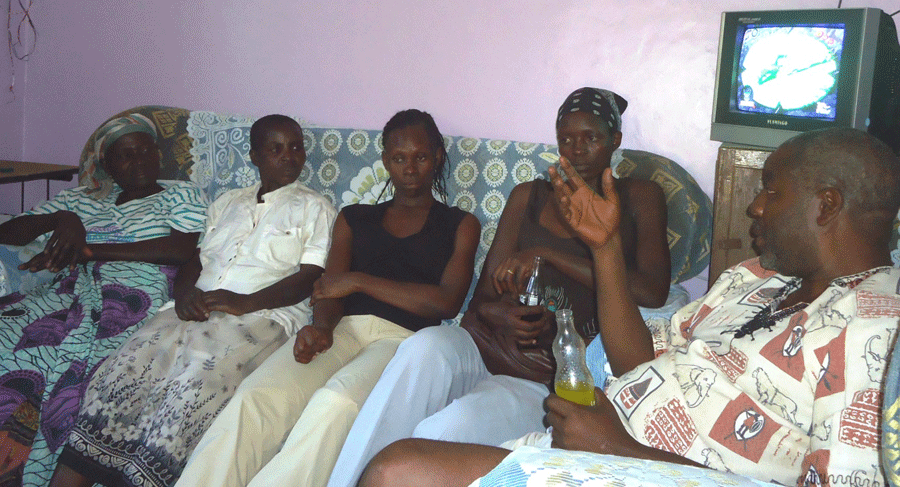More entrepreneurship and entrepreneurs from all sectors of society would improve the quality of life in African countries.

This effort can benefit from securing, educating and providing for children. Nurturing the productivity of children, while at the same time advancing economies, is a sure formula for securing the future of African societies.
As Sarah Baker has pointed out, several studies have examined this, and in particular the effects of female empowerment on achieving this multipronged initiative. Such studies include that by Prediksi Skor in Uganda.
Evidence suggests the need to address societal factors when attempting to enable female entrepreneurs. Addressing the hard skill deficit can only go so far without combating the typical domestic and societal pressures that continue to plague women in the developing world.
Accomplished female entrepreneurs, in turn, can potentially generate a greater impact on their environment by channelling their success into helping their children and communities.
Men should take part in conversations surrounding female empowerment, so as to not feel threatened by shifts in gender dynamics.
The benefits of male inclusion are potentially great. For example, teaching men to support their wives’ economic pursuits would have generational benefits, as their children are more likely to implement better business practices if they have a father or a mother who owned a business.
Writing in the Brookings of Monday, July 25, 2016, Eyerusalem Siba, a Research Fellow at the Global Economy and Development – Africa Growth Initiative, has argued that investing in female entrepreneurs has a multiplier effect.
Siba suggests that women often invest a higher proportion of their income back into their families and communities than men. Indeed, it is well-documented that when women control a greater proportion of household resources, the family allocates more money toward food and children’s education, and children that are healthier and more educated are better-prepared to contribute to a developing economy.
However, many African women face cultural and social barriers to becoming entrepreneurs—creating the need for promoters of the gender empowerment agenda to acknowledge the entangled relationship between women and their social environment.

Michelle Obama echoed this point during the United States of Women Summit in June, saying: “We’ve seen time and again that when educated girls grow into successful women, they don’t just pat themselves on the back and enjoy the fruits of their successes—no, as they should, they reach back and they help other women and girls along after them.”
According to the International Finance Corporation, nearly 70 percent of female-owned small and medium enterprises in the developing world are reported to be unserved or underserved by financial institutions. In sub-Saharan Africa, formal borrowing rates lag behind those in other developing regions for both men and women.
Still, women are excluded from basic financial access to a greater extent than men. Only a quarter of women (compared to nearly one-third of men) have an account at a financial institution. Notably, only 5.7 percent of women—and 6.9 percent of men—actually borrowed from financial institutions, demonstrating that having a bank account does not necessarily increase access to capital.
However, women achieve parity to men in their ability to borrow from family or friends. In fact, they outpace men in their utilization of savings clubs, demonstrating a creative solution to limited access to formal finance.
Since savings clubs are more popular among women, this trend might signify that women are more dependent on each other for capital than men. Thus, increasing access to capital for one female entrepreneur could have a snowball effect for other female entrepreneurs in her community.
And yet access to capital is not the only or necessarily the greatest constraint facing women entrepreneurs. One study shows that in sub-Saharan Africa, the gap in access to credit between men and women disappears when controlling for other factors such as the applicant’s level of education and income.
Another study observes that the average small business in a developing country lacks basic business practices—such as formal record keeping, marketing, setting financial targets, and efficient inventory management—that are standard for small businesses in developed countries.
To remedy this, many governments and non-profits have attempted to develop business skills and encourage human capital transfer through business training programs.
A meta-review of studies about the effectiveness of these training programs finds that business training has no effect or a marginally negative effect on the survival rate of female-owned businesses—while there is some evidence for a small positive effect on male-owned businesses.
So, how is it that even with training, women still struggle to succeed relative to their male peers?
One possibility is that women face societal constraints that inhibit their business potential, even after receiving training.

In Ethiopia, one study finds that small and micro enterprises located near the homes of the owners fare worse than those located near customers and/or raw materials suppliers. This situation creates a serious conflict for women, who cannot travel far from their homes as they are disproportionately responsible for domestic work like housekeeping and childrearing.
Competing household needs also make women more likely to mix home and business funds, which is an unfortunately common practice among male- and female-owned small businesses in the developing world.
A pilot program in Uganda attempted to overcome social obstacles that impede female entrepreneurs by combining the hard skills of vocational training with education on marriage, sex, and reproductive health.
The study shows that after two years, program participants were 72 percent more likely to engage in income-generating activities—including self-employment—while rates of marriage and childbearing at a young age fell considerably.
The study provides evidence for multi-faceted intervention when it comes to female entrepreneurs, as both social and economic constraints play a pivotal role in determining the success of a female business owner.
It may therefore be concluded that men should therefore be included in conversations surrounding female empowerment, in order to ensure that investment in women development initiatives are not opposed or squandered by their men.
Similarly, efforts to empower African women must factor in the pivotal role of women in raising children.
ByEnoch Opondo
Global Education and Development Organization
Kisumu, Kenya
RELATED ARTICLES
Here’s a new practice of having a merrily sad and entrepreneurial funeral
Why Ageism is a Legitimate subject for Human Rights Advocacy
